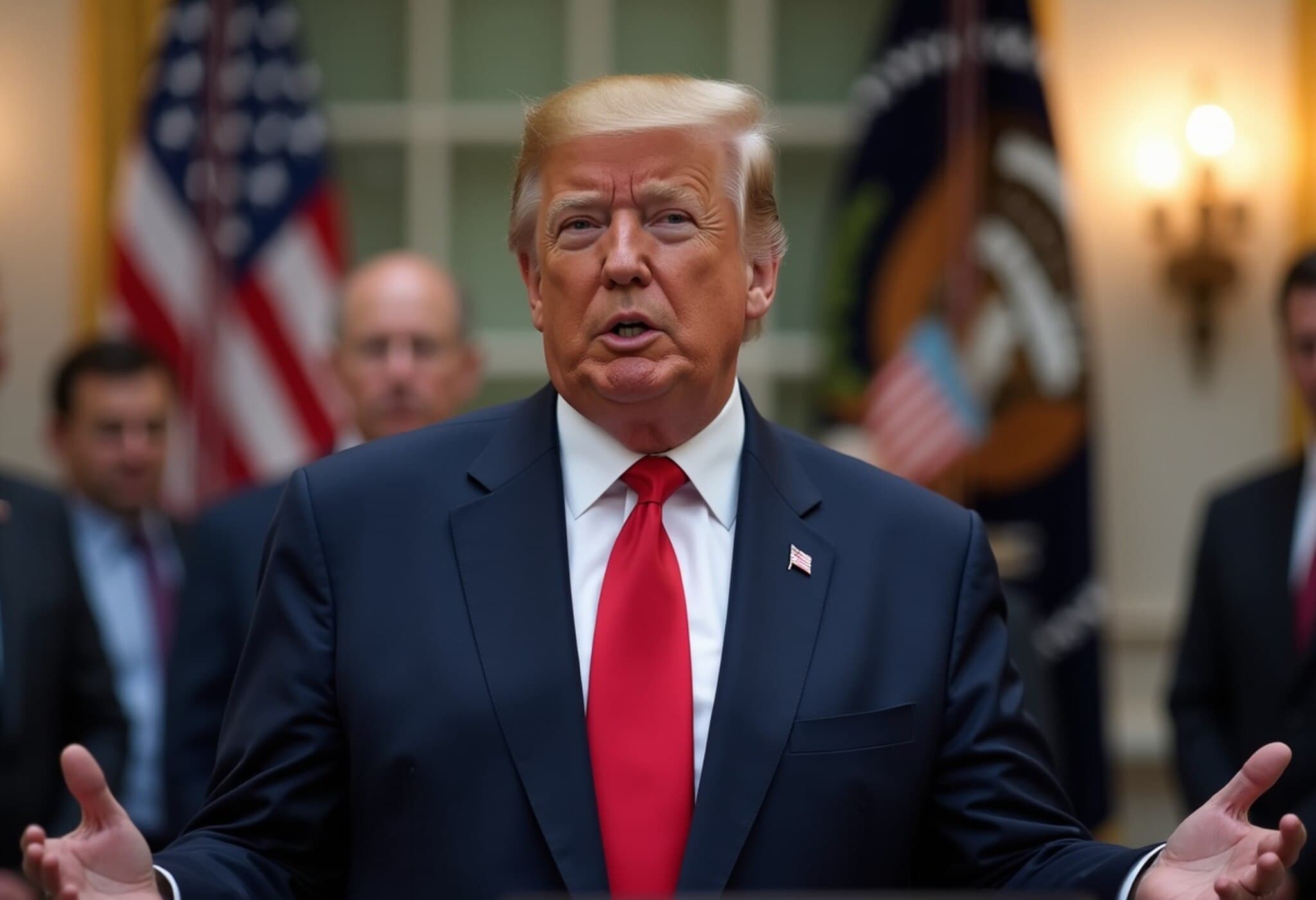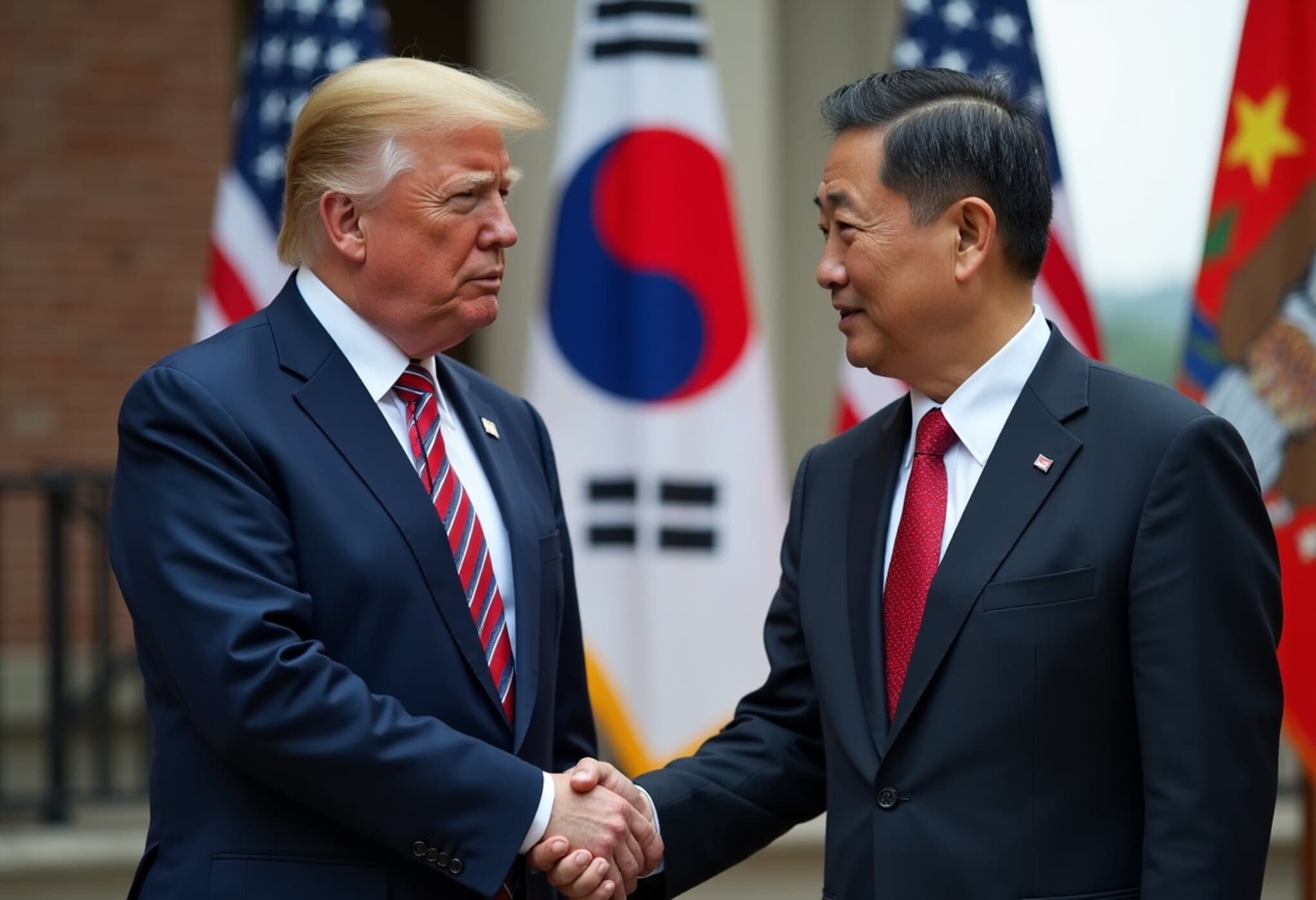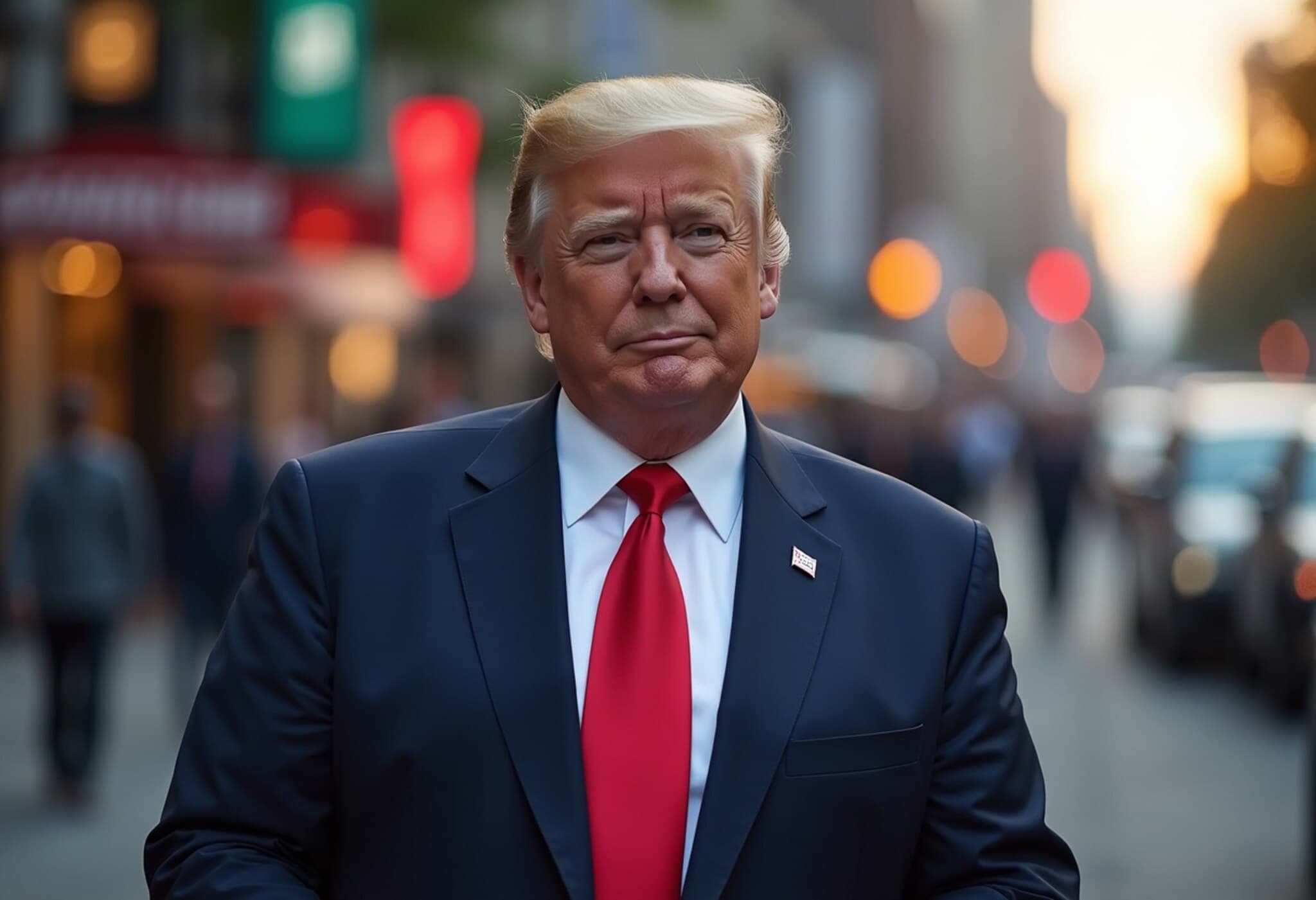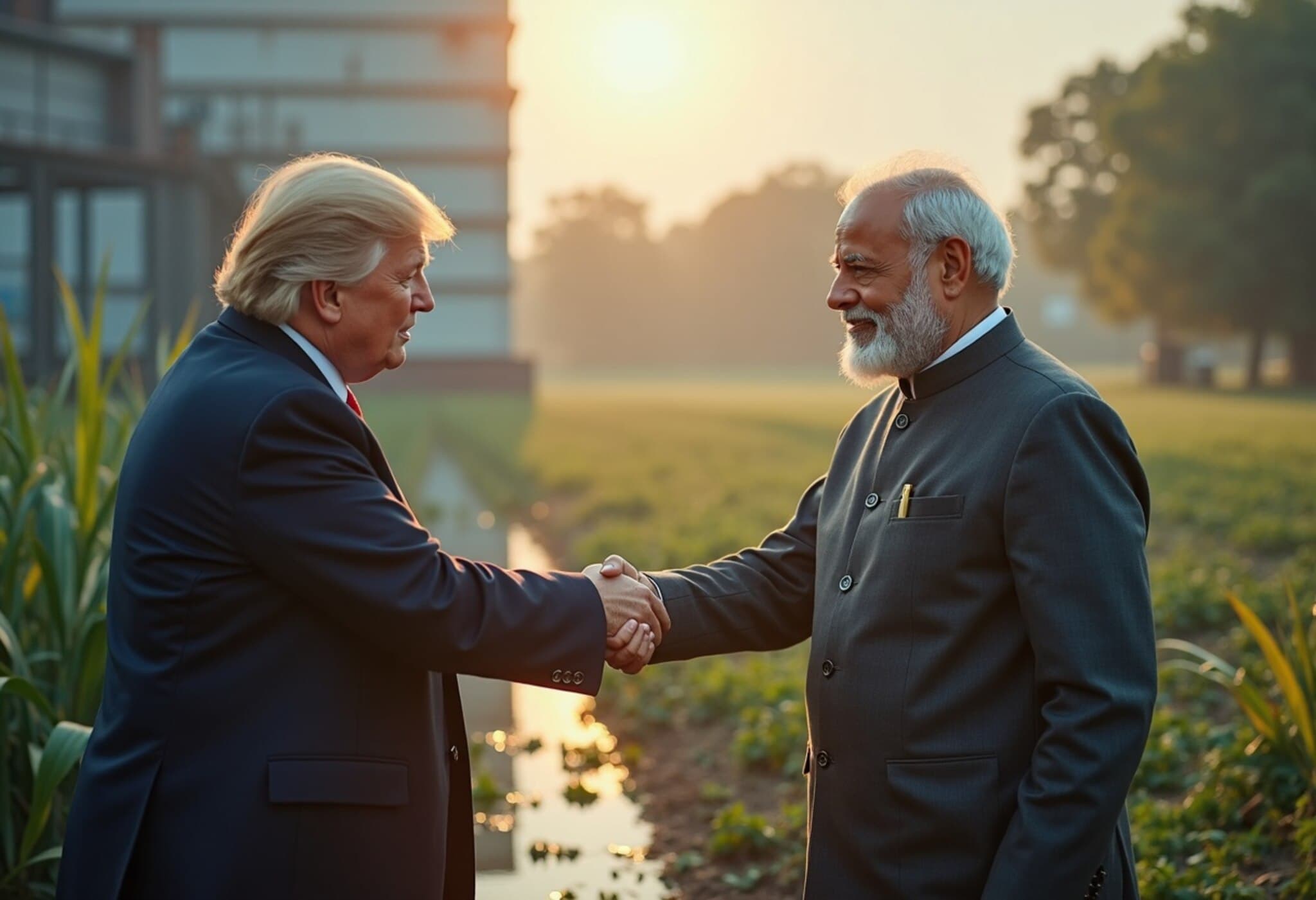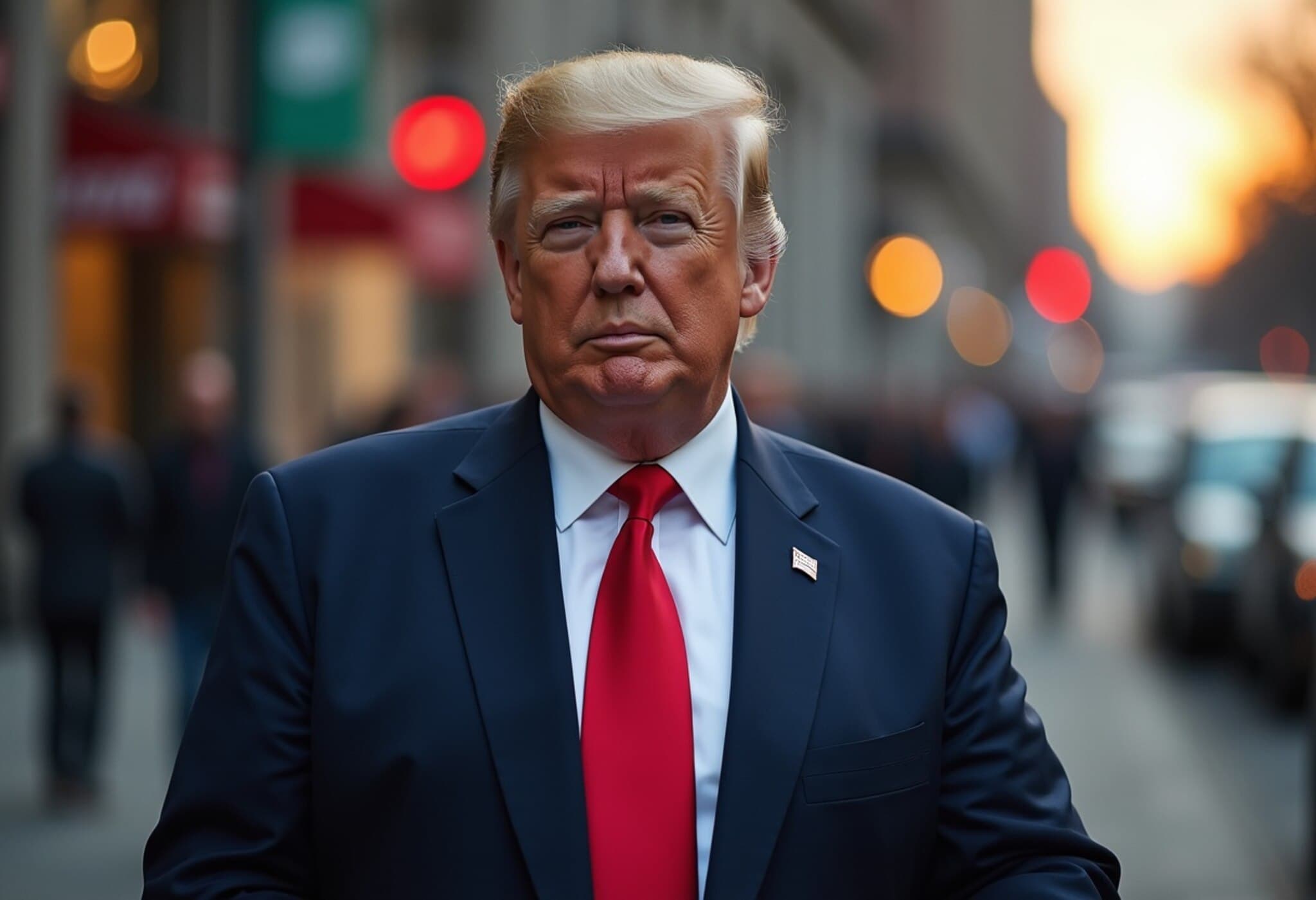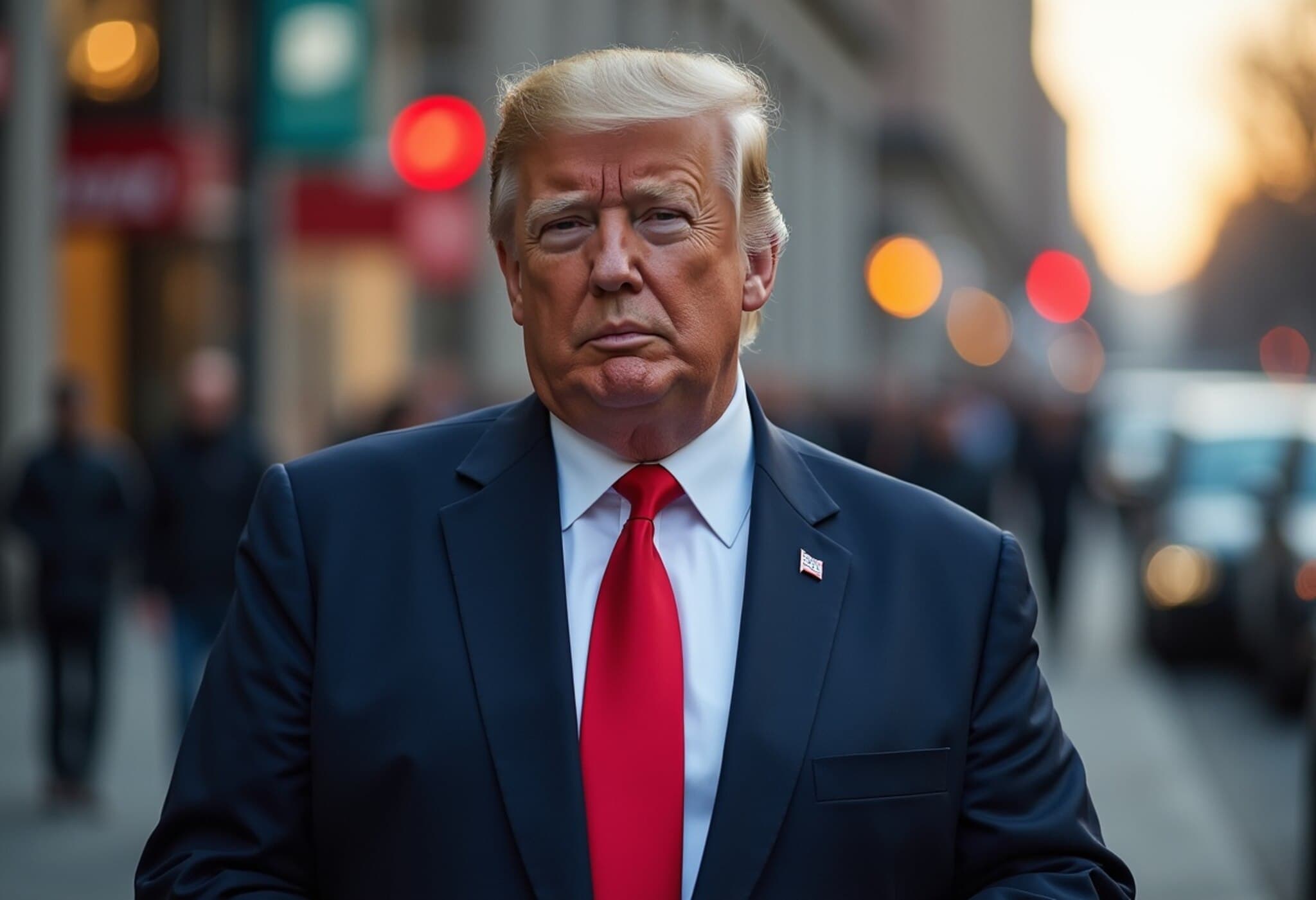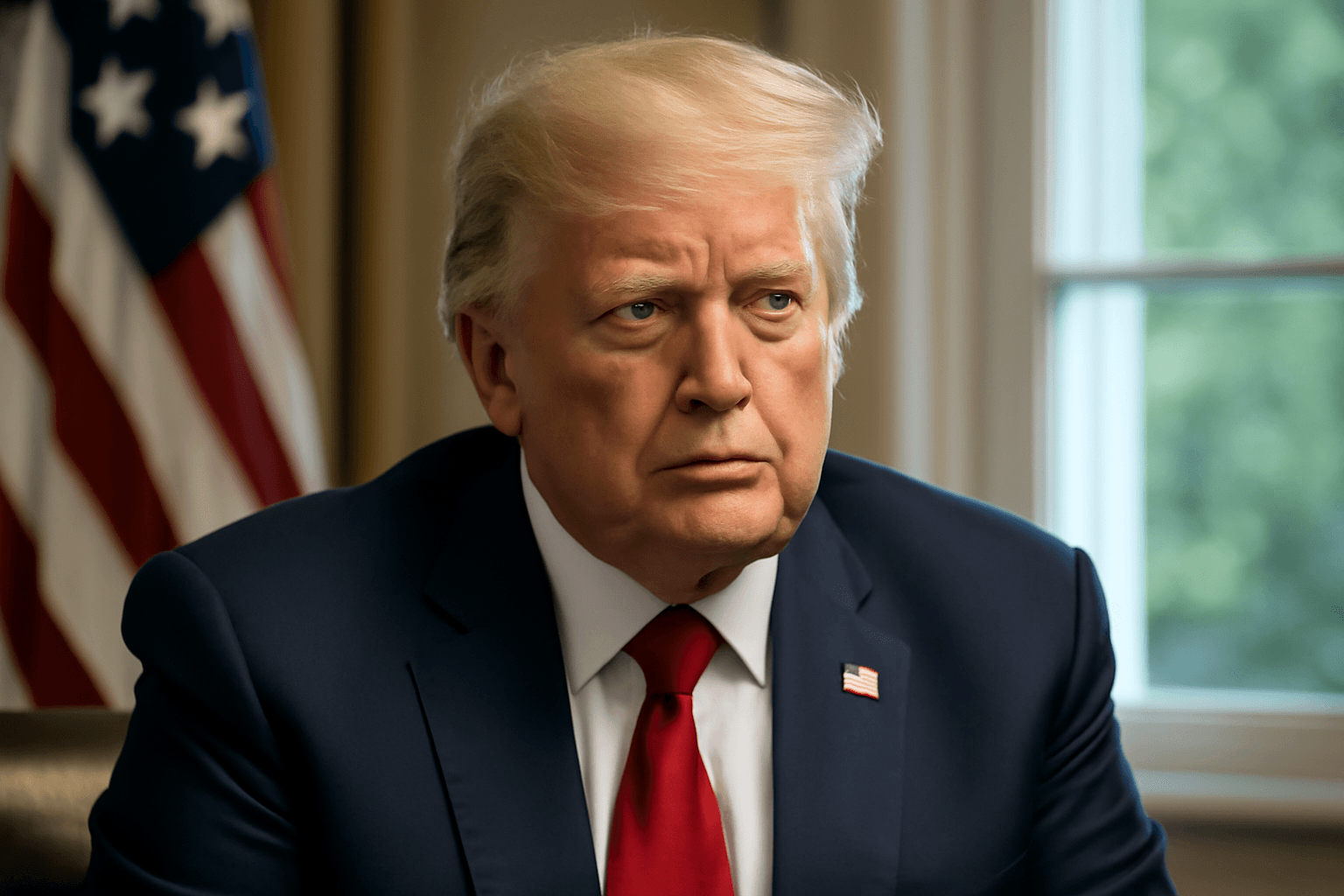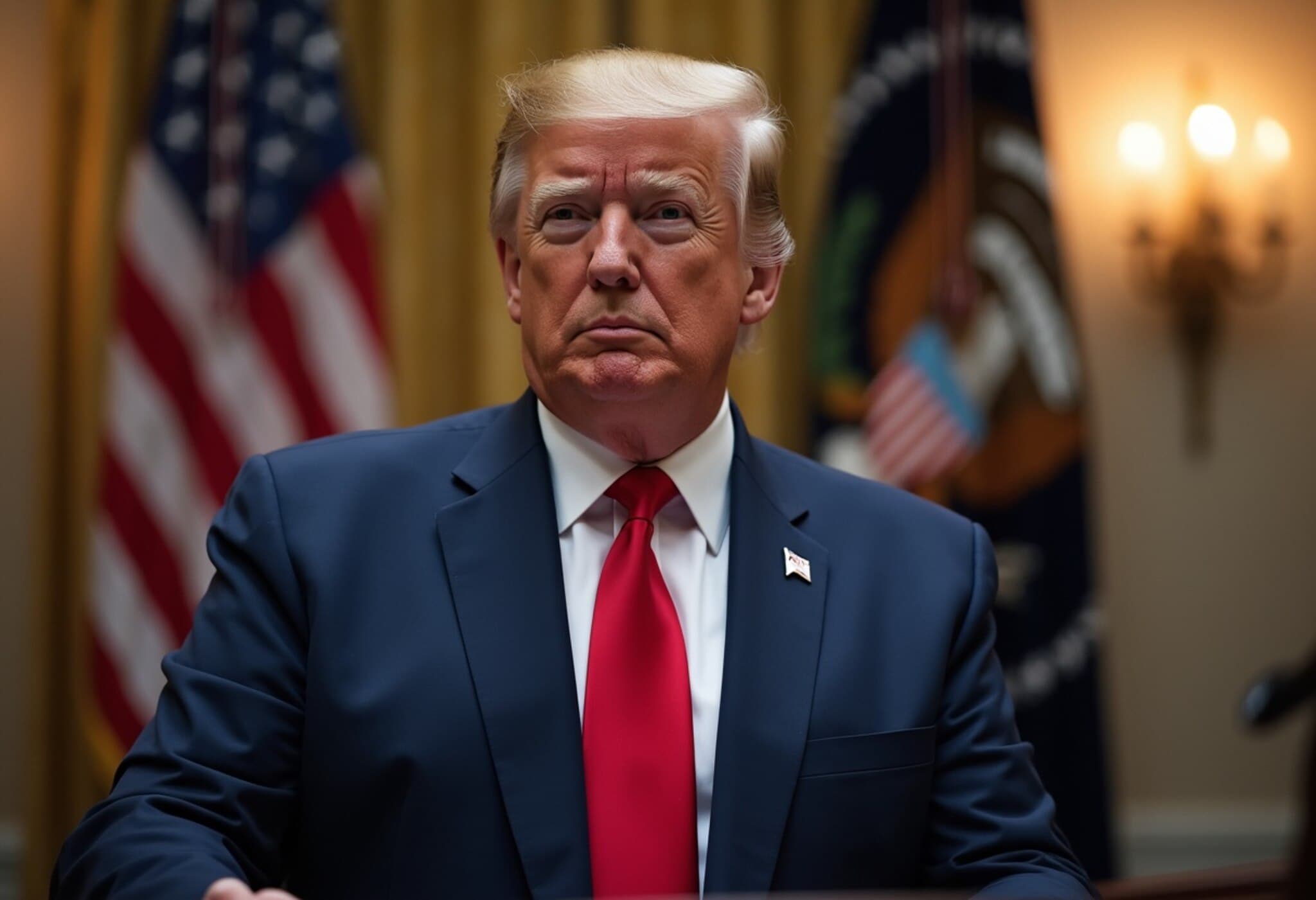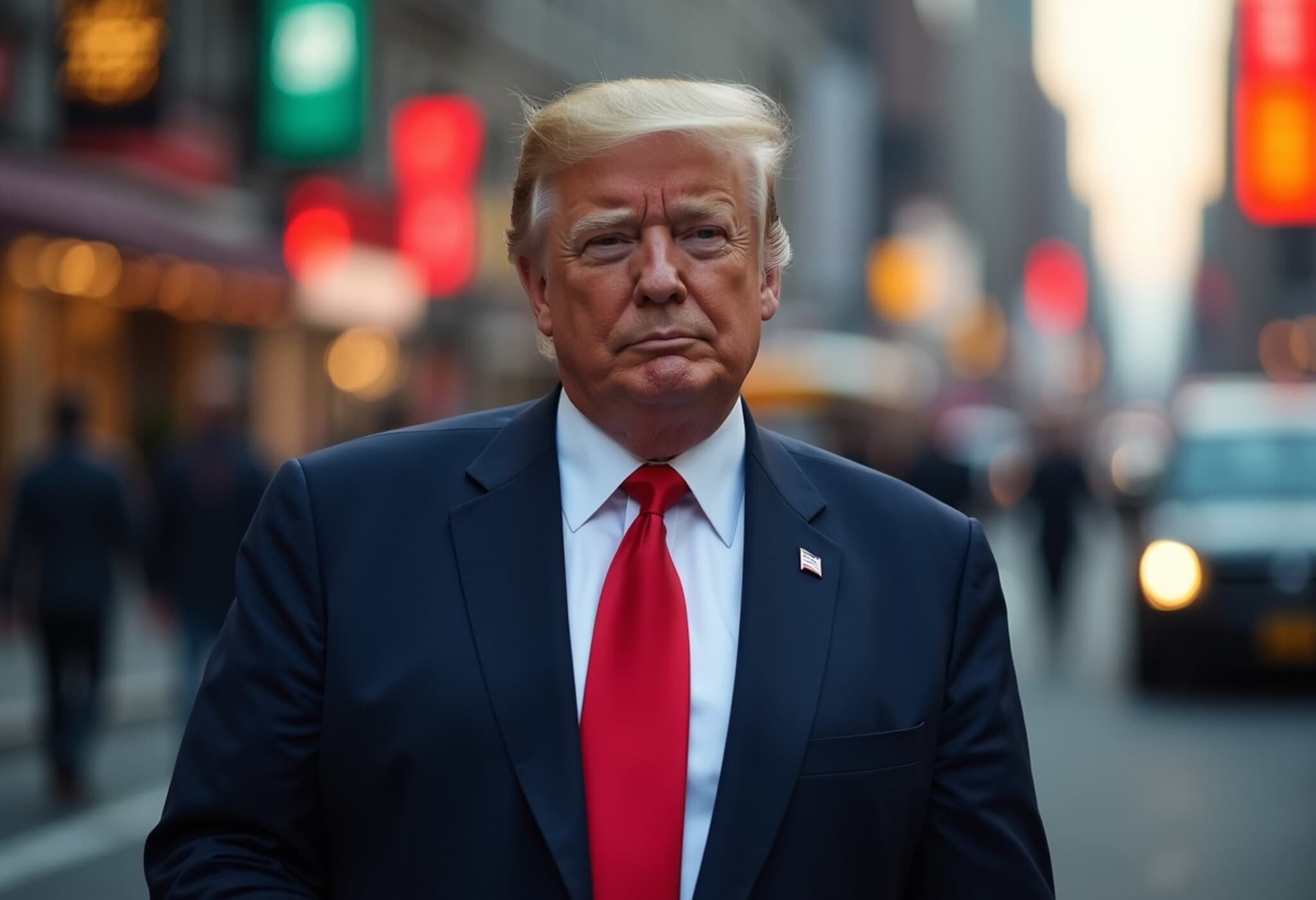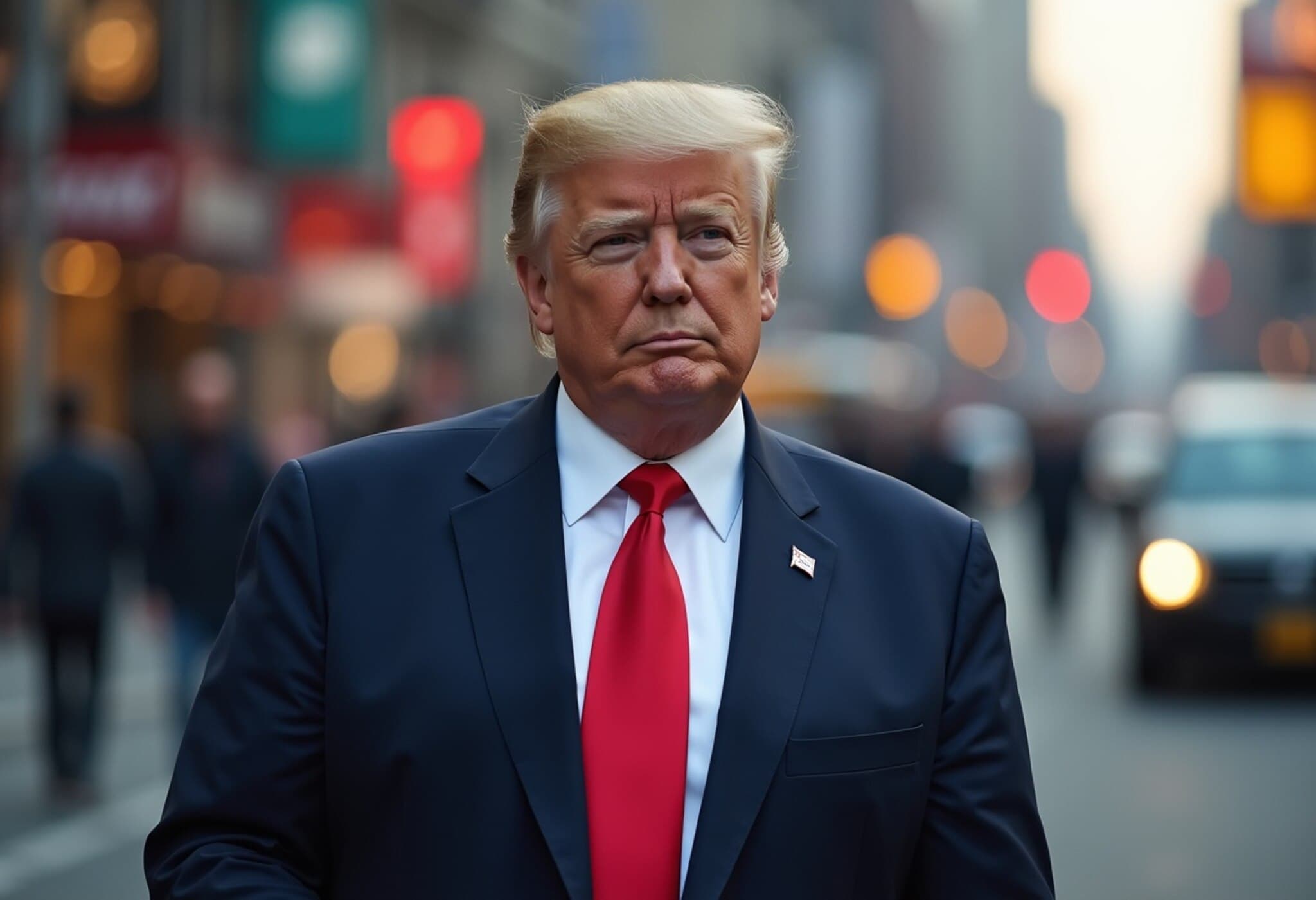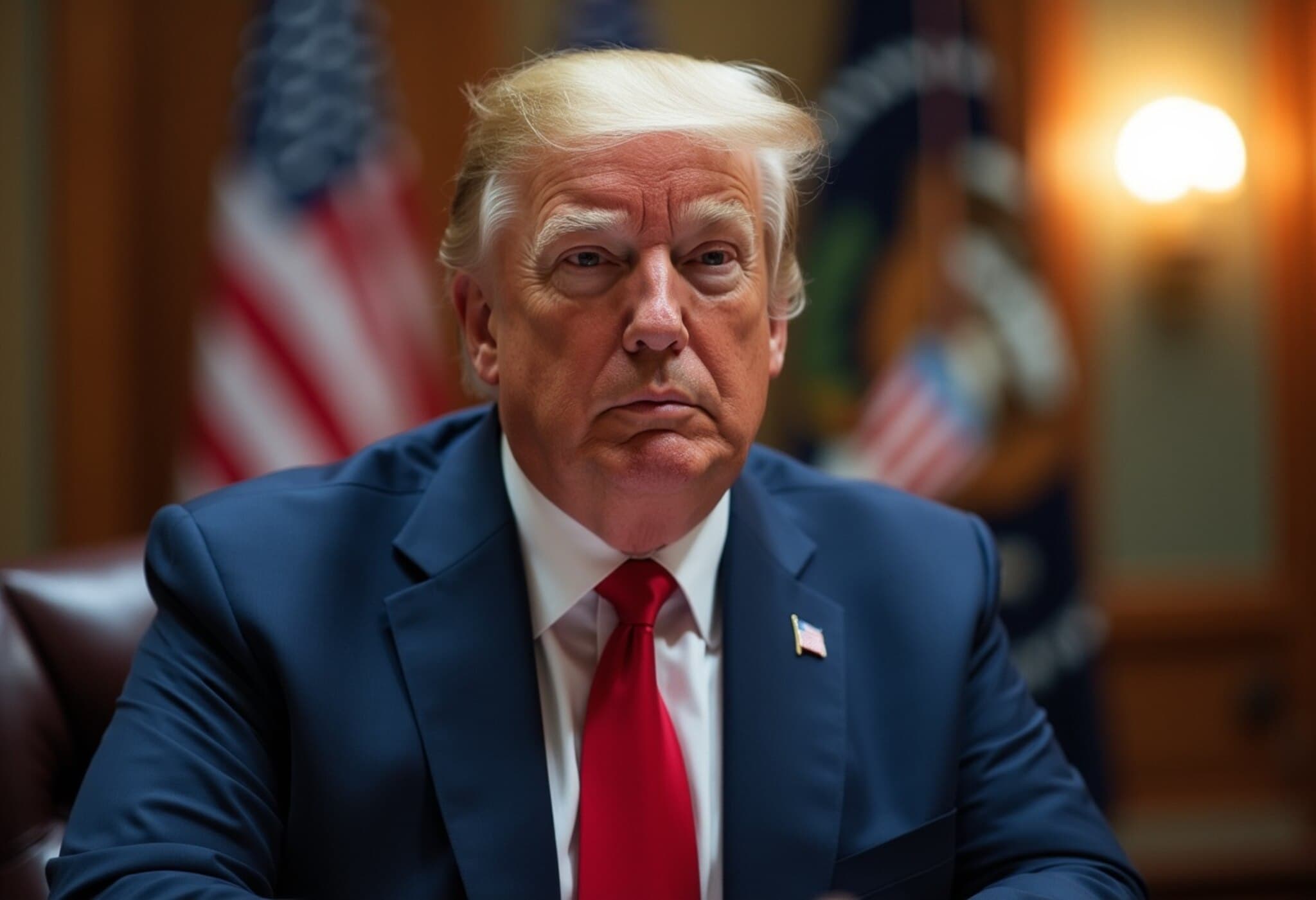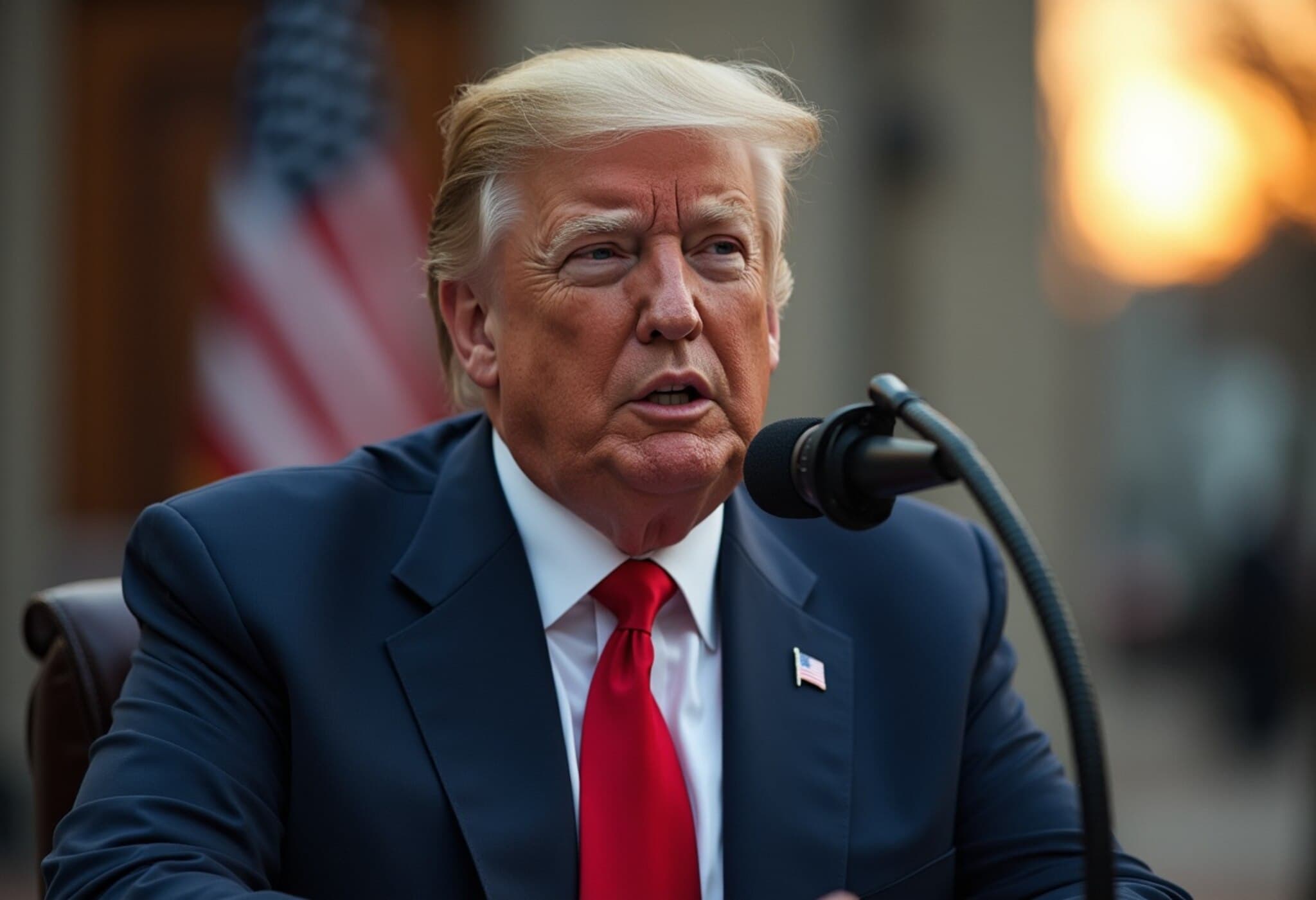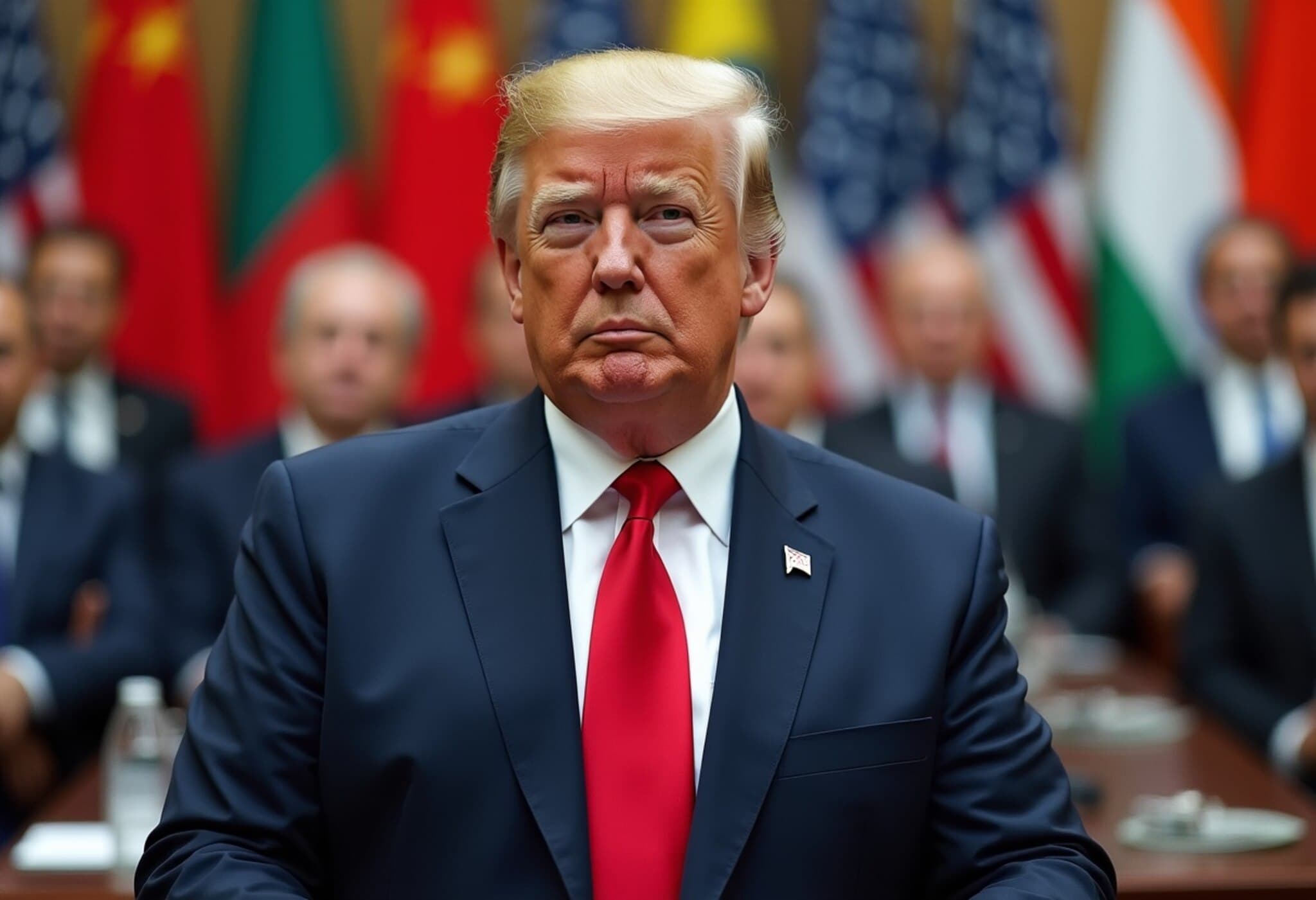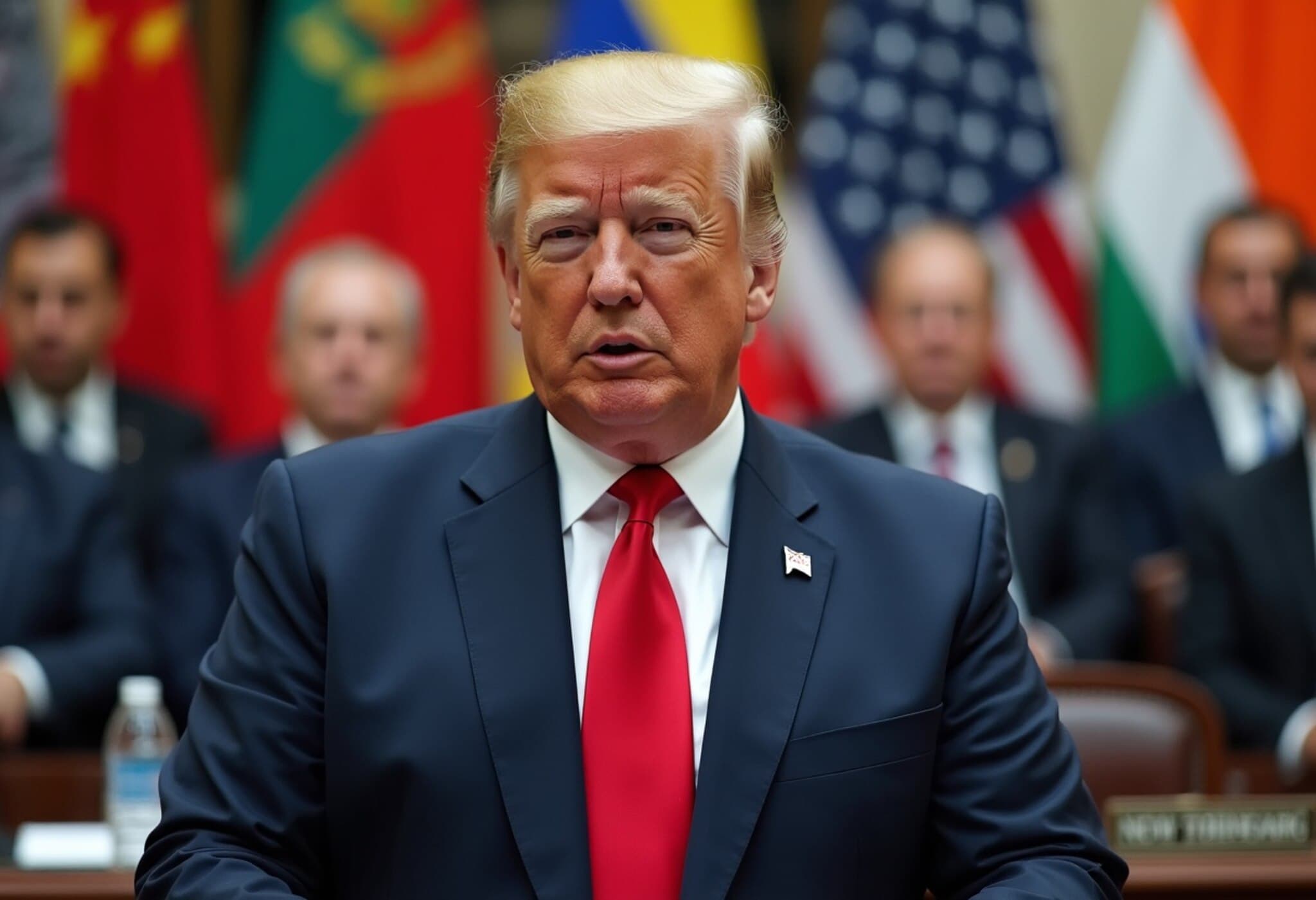Trump Signals Upcoming Major US Trade Deals
On July 18, 2025, President Donald Trump announced that the United States government is poised to unveil significant trade agreements in the near future. Speaking at the White House during the signing of the GENIUS Act—a new legislation that establishes regulatory oversight for US-dollar-pegged stablecoins—Trump conveyed optimism about advancing American trade interests through these deals.
From Tariffs to Trade Openings
Addressing the audience in the East Room, President Trump linked his administration's tariff policies to forthcoming negotiations, stating, "When I send out the paper that you’re paying 35% or 40% tariffs, that’s a deal. Then they’ll call and see if they can make a little bit different kind of a deal, like opening up their country to trade." His remarks suggest that the administration views tariffs as leverage, encouraging partner countries to restructure trade relations under more open terms.
The GENIUS Act and Financial Innovation
The signing of the GENIUS Act marks a crucial moment in US financial regulation, as it carves out a regulatory framework for stablecoins—cryptocurrencies pegged to the US dollar. These digital assets have been under scrutiny for their potential disruption to traditional banking and monetary policy. By addressing regulatory gaps, the Act aims to foster innovation while protecting consumers and maintaining financial stability.
Context and Expert Insights
Trump’s commentary ties together economic policy and financial innovation, highlighting how trade negotiations and fintech regulation can reflect broader US strategic interests. Experts note that while tariffs have often been criticized for economic disruption, they can act as a negotiation tool to open foreign markets.
Dr. Laura Kim, an international trade analyst, explains, "The president’s statement underscores a ‘carrot and stick’ approach—using tariffs to pressure trading partners, then transitioning to agreements that promote reciprocal market access. It’s a delicate balance that can reshape trade dynamics if managed prudently."
Trade Policy Amid Global Shifts
With global economies recovering from pandemic-induced shocks and facing uncertain geopolitical tensions, the US is eager to secure advantageous trade arrangements. Opening foreign markets to American goods and services aligns with broader goals of boosting domestic manufacturing and exports.
What Remains Unanswered?
- Which countries are potential candidates for these "big" trade deals?
- How will the tariffs be phased out or adjusted in forthcoming agreements?
- What safeguards will the GENIUS Act include to balance innovation with financial risks?
The Road Ahead
As the Trump administration prepares to roll out these trade deals, market watchers and policymakers alike will be scrutinizing both the announcements and their implications carefully. The intersection of trade policy and fintech regulation highlighted by the GENIUS Act reveals the evolving landscape shaping American economic strategy.
Editor’s Note
President Trump’s assertion of imminent trade deals accompanied by stablecoin regulation signals an ambitious push to redefine US economic engagement on multiple fronts. While tariffs remain contentious, their use as negotiation tools could open new avenues for trade liberalization. Meanwhile, the GENIUS Act symbolizes a pragmatic approach to integrating innovative financial technologies within a secure regulatory framework. For readers, the unfolding developments raise critical questions about balancing protectionism with openness, and innovation with oversight—debates at the core of 21st-century economic policy.

